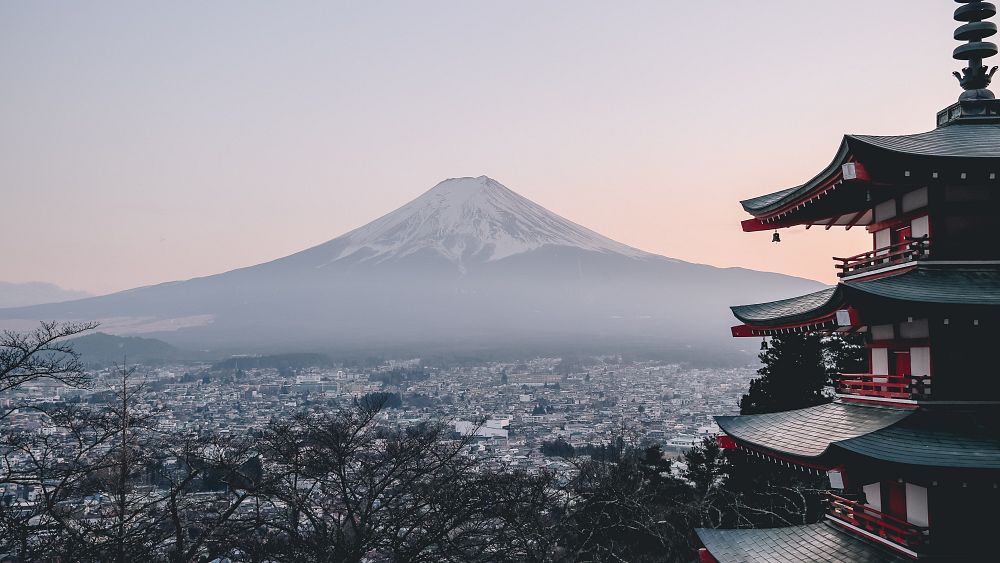Visitors have been flocking back to Japan this year, with tourist numbers nearly at pre-pandemic levels according to official data.
The country welcomed more than 2 million international visitors for a fourth consecutive month in September, the Japan National Tourism Organization (JNTO) found.
That equates to just over 96 per cent of levels seen in 2019 before the outbreak of COVID-19 led to travel curbs around the world.
Japan’s falling currency has also made the notoriously pricey destination much more affordable.
Does Japan still have COVID restrictions for travellers?
Japan had some of the world’s strictest COVID-19 border restrictions and was one of the last to lift them.
The country only resumed visa-free travel for many countries a year ago and all remaining controls were abolished in May.
Despite lifted restrictions, the country also seemed unprepared for the first wave of travellers who found shops shuttered and a shortage of hospitality workers.
Visitors were also initially only permitted to travel with private tour groups approved by the government.
Japan is a surprising bargain destination
Now visitors are flooding back, particularly as the yen's slide to a near 33-year low has made Japan a surprisingly cheap holiday spot.
"With inflation in the United States, everything is outrageously expensive, and coming here, it's a lot cheaper," John Hardisty, a tourist from Hawaii, said during a recent shopping trip in Tokyo. "It's like a night and day difference."
The number of visitors arriving from the United States, South Korea and Singapore reached record levels for the month of September, the JNTO said. Travellers from Mexico were a record for any month.
How is the return of tourism affecting Japan?
The renewed influx of tourists is putting pressure on Japan’s most popular sites.
Mount Fuji has seen a dramatic increase in visitor numbers which is causing pollution, safety concerns, and discussions about limiting access.
The crowds of climbers are causing worries about human traffic jams on the pathways up the mountainside.
“Overtourism also entails numerous risks, including the safety of hikers,” explained Masatake Izumi, a Yamanashi prefecture official.
“For example, if large numbers of people end up in a human traffic jam below the summit, there could be jostling and falls or falling rocks, which could lead to serious accidents. This is a very worrying possibility for us."
Japan’s crowd-free island
Instead of crowding into Japan’s visitor hotspots, try opting for alternative destinations - a move which also helps mitigate the effects of overtourism.
In 2021, the remote island of Iriomote was added to the list of UNESCO World Heritage sites.
Iriomote is part of an archipelago of 160 subtropical islands in the Okinawa prefecture in the East China Sea.
The island is a nature lover’s paradise, with over 90 per cent covered in tropical forest, and is home to the largest mangrove jungle in Japan.
You’ll also find picture-perfect beaches, the breathtaking Mariudo Waterfall and leafy hiking trails all unsullied by mass tourism.


